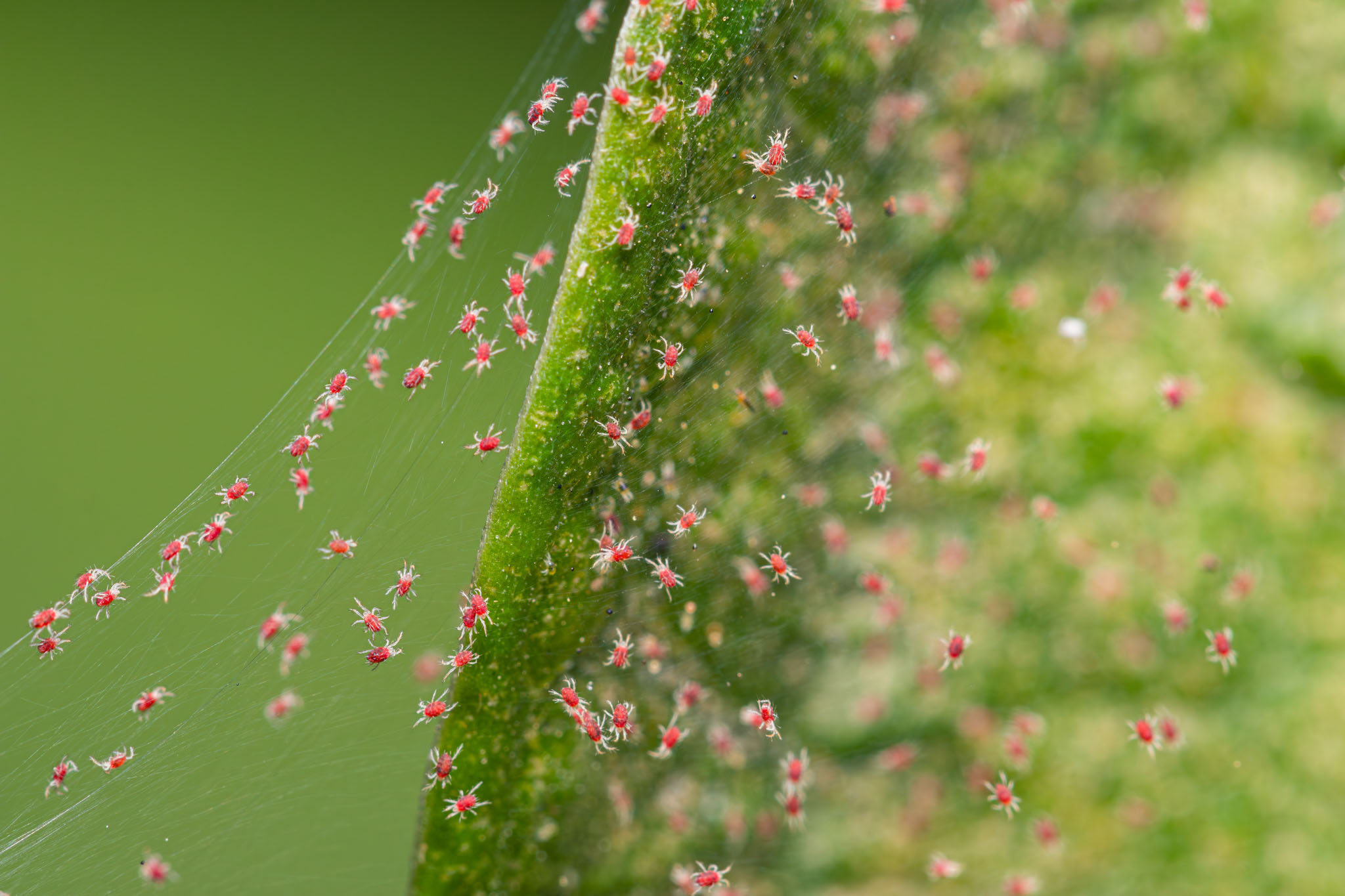
Large Spider Colonies Die Off Faster Than Smaller Colonies
March 13, 2017
You would think large colonies of any species survive better than small ones. It's the opposite for spiders! Learn why in this article.
You would think that for any type of colony oriented species of animal bigger colonies with more members would certainly be more likely to survive than smaller colonies with far fewer members. After all, more colony members mean more opportunities to locate and share sources of sustenance with the rest of the colony. However, recent studies have clearly demonstrated that the opposite is the case as smaller spider colonies are much more likely to survive for a longer period of time than any enormous spider colony.
Researchers have found that spider colonies are almost certainly doomed to extinction if the members of a particular colony all share food equally. This swift extinction can happen to colonies with members that number into the tens of thousands. So why would it be disadvantageous to share resources equally among a colony of spiders?
According to a prominent zoologist, Dr. Ruth Sharpe, not sharing food with other spiders, even if a spider has food to spare, may be one of the many unfortunate aspects of a spider's life. Avoiding the sharing of food in order to keep the size of a colony in check could be what spiders need to do in order to survive. However, the surprising and paradoxical fact that colonies are better off with more selfish members is still a natural occurring phenomenon that confuses scientists.
Spiders are social creatures, which means they are willing to work together towards a common goal. Spiders are also naturally inclined to share food since they are social animals, and that is fine, unless the colony becomes too big, and there is not enough food for every member. Some researches believe that the positive correlation between perishing colonies and colony size is due to large colonies of spiders hunting and capturing prey that is too large for any single spider to consume. It seems that as far as the spider species goes, there is not always "strength in numbers."
Have you ever witnessed multiple spiders working together to either kill or carry its prey? If you have, did the spider seem to struggle with either killing or carrying its prey, or both?




